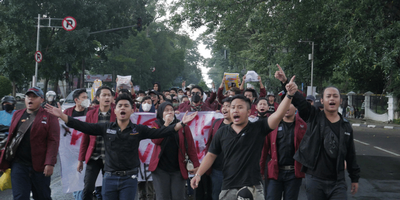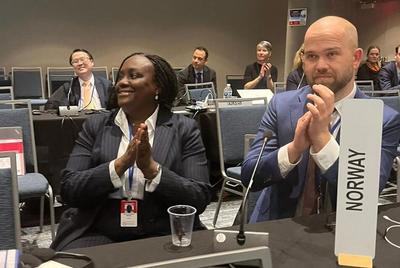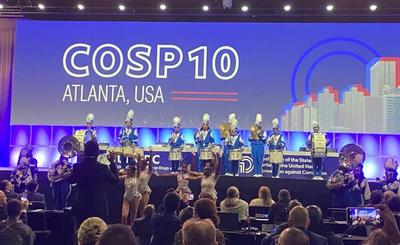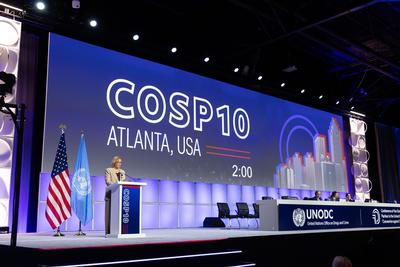Assessing judicial performance in Indonesia: the Court for Corruption Crimes
New specialized courts have emerged in many countries, both in response to international pressure for legal reform and reflecting states’ own choice. Among these courts are specialized anti-corruption courts. The Indonesian Court for Corruption Crimes in Jakarta, originally established by statute in 2002, gained prominence and notoriety for its near-100 % conviction rate in over 250 cases. However, in 2010, exclusive jurisdiction over corruption cases was ‘decentralized’ to special corruption courts established in Indonesia’s 34 provincial capitals. The prudence of this has been strongly criticized, with questions raised about whether these regional courts have maintained the professionalism of the sole Jakarta court. This paper examines the rationale for the establishment of these courts and whether conviction rates are useful indicators of their performance.
https://doi.org/10.1007/s10611-014-9547-1








